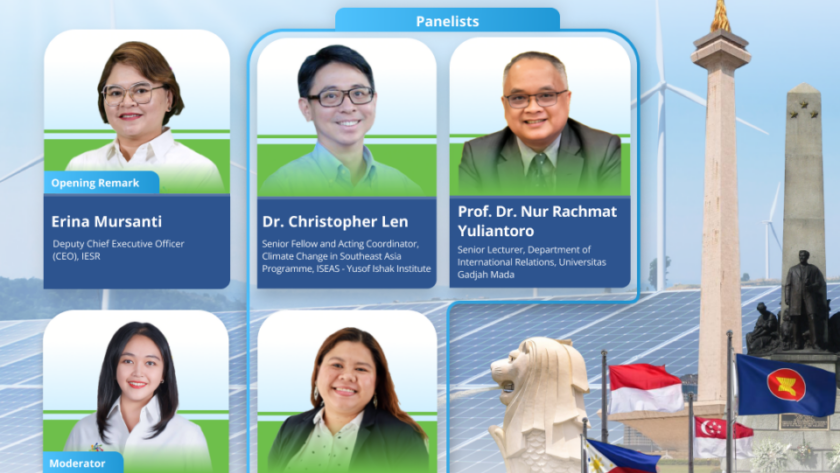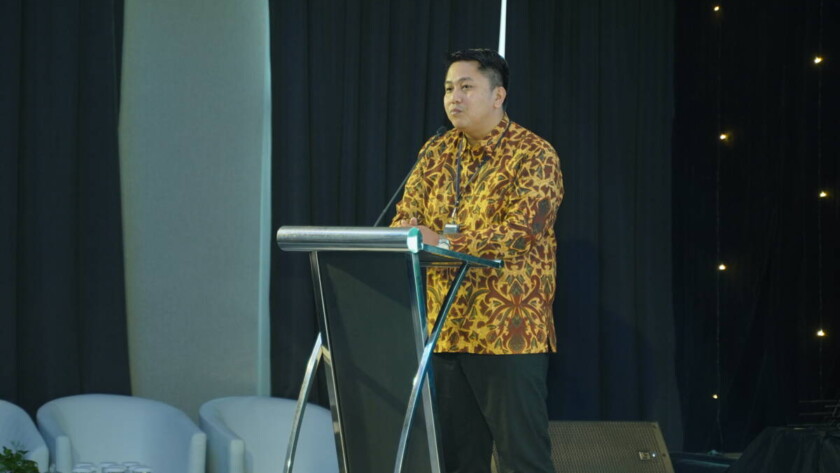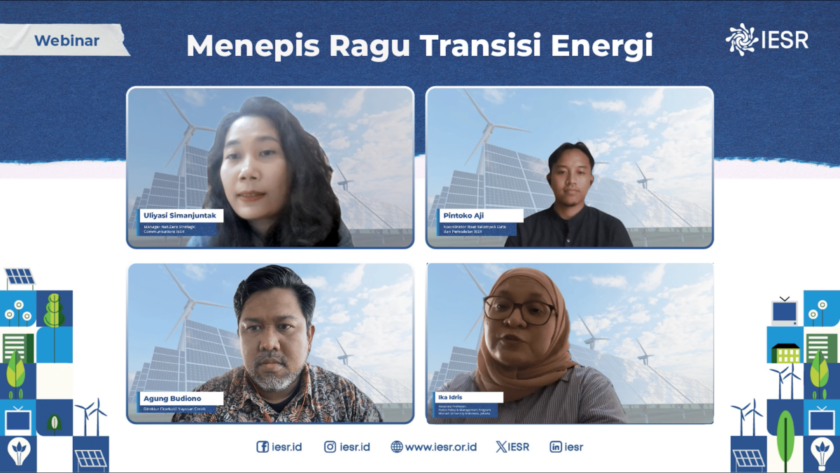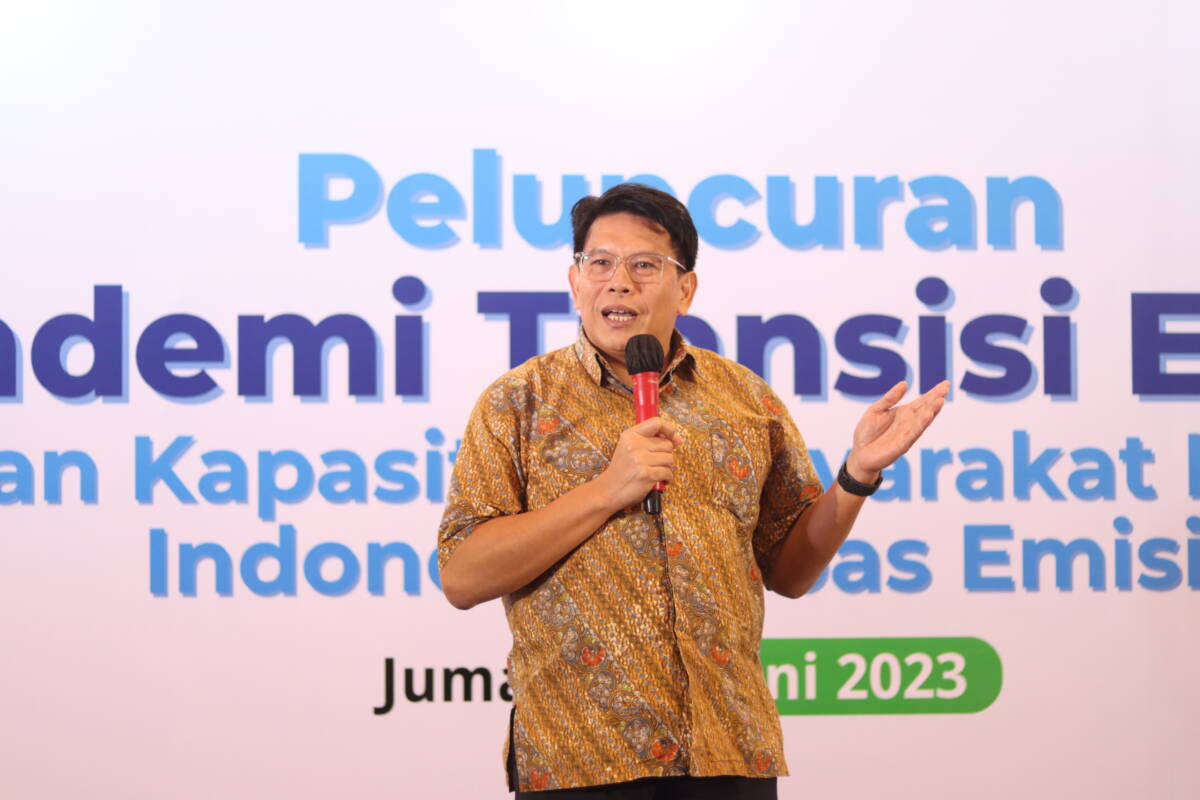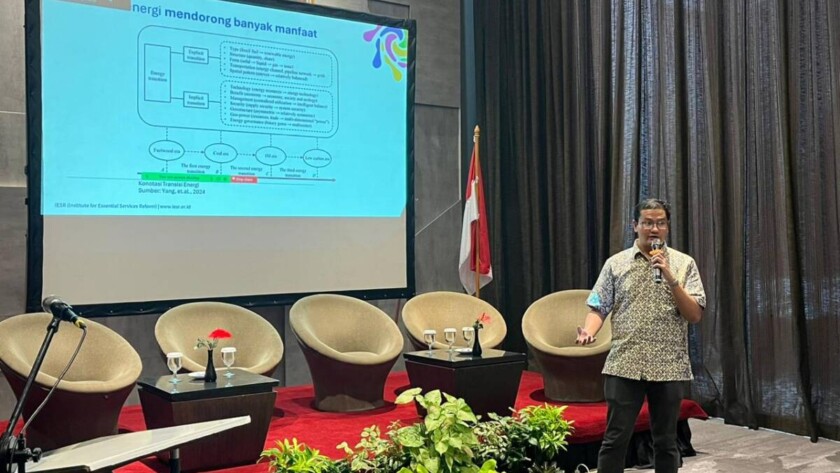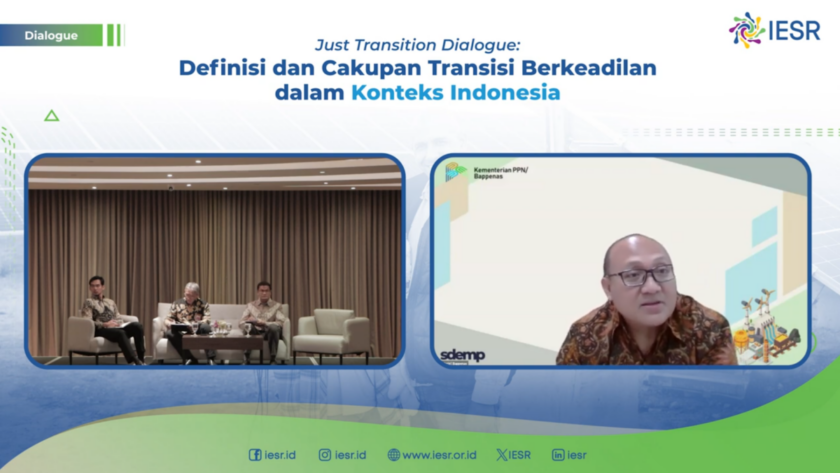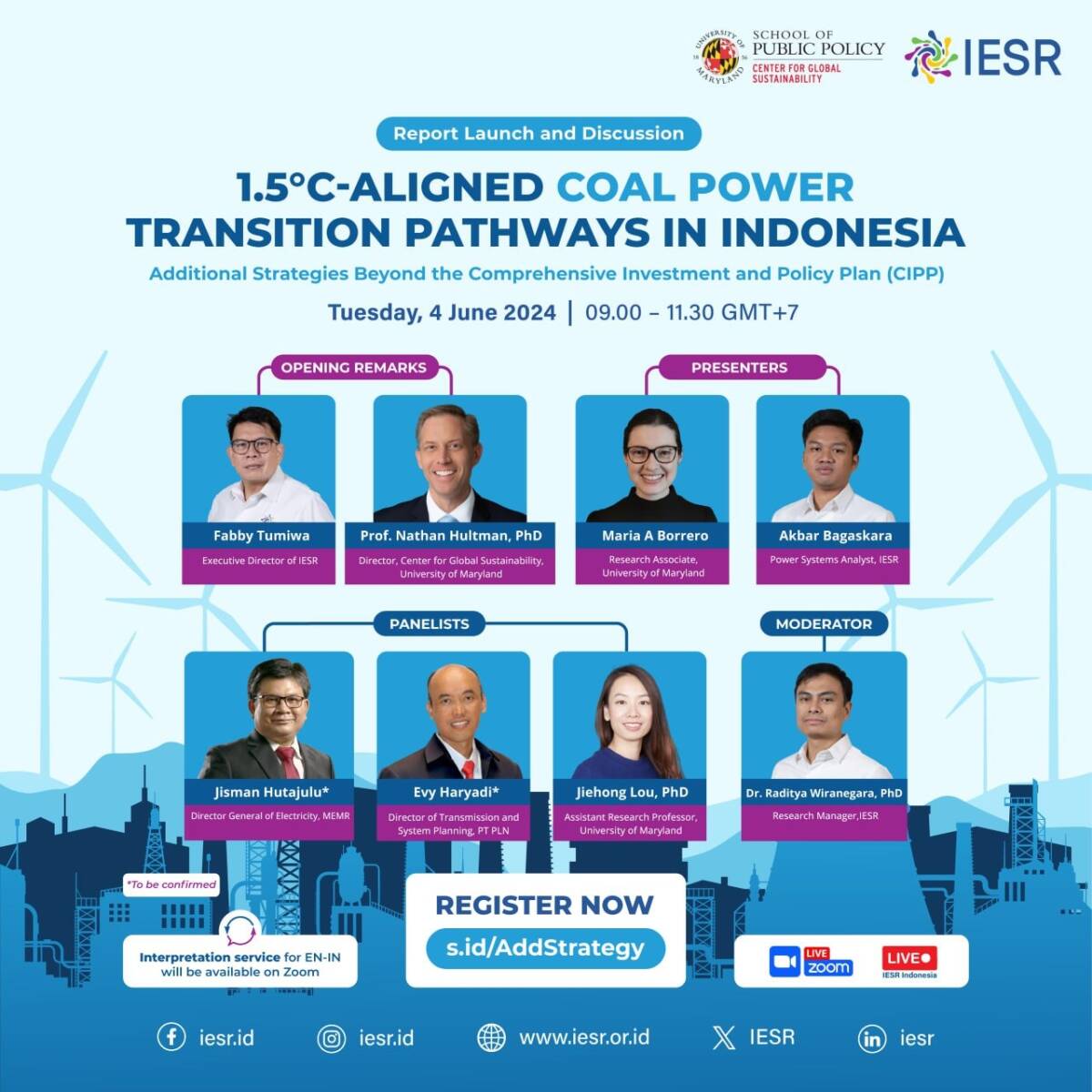Replay Event
Background
Recent actions of the United States (US) foreign policy have heightened global uncertainty, characterized by inconsistent commitments to multilateralism, selective engagement in international conflicts, and unilateral diplomatic actions. Notably, the US has withdrawn from major international organizations related to climate-energy, e.g. UNFCCC, IPCC, IRENA, as part of a broader departure from…
